Does distance learning mean the end of snow days?
Distance learning has made class possible during severe weather. The future of snow days is uncertain.
February 10, 2021
For many students, one of the best moments of the winter season is when the phone rings on the eve of a snowstorm. If they are lucky, that ring will fulfill their winter hopes with a snow day: a break from school to get outside, sled, and be kids.
Spencer Buten ’24 explained the beauty of snow days simply: “they give an unexpected time off. They are something to look forward to.”
But, it looks like those coveted breaks are in danger. Remote learning has proven to be a viable option when in-person instruction is made impossible. Snow days may not survive the pandemic.
Could Friends Seminary take away a tradition that many students cherish? Well, the answer might be more complicated.
When Manhattan was projected to receive nearly a foot of snow in December, the school gave middle and lower school students a full Wednesday off. In the Upper School, teachers were given a choice: give students the period off, or continue class to fit in important assessments before the break.
Will Hopkins, Academic Dean at Friends Seminary, said the decision to continue virtual programming in the Upper School was informed by the the large number of assessments planned that Monday. Hopkins said canceling classes would have disrupted curriculums.
Despite the decision to continue Upper School programming, Hopkins said he recognized the importance of snow days. “A snow day can be an important rite of childhood for many,” he said. “It’s one of the only opportunities for many NYC children to experience play in fresh snow. It’s also a chance for spontaneity during what can otherwise be a highly structured time of the school year.”
Hopkins still added that even beyond the pandemic, it would be entirely possible to continue school from home. “For most classes, a quick switch to virtual would be possible and all curricular schedules could remain on track,” he said.
Giving teachers the option to decide whether to host their classes on snow days – as the school has done this year – may continue to reach a more realistic balance between academics and tradition. Such an approach gives teachers the flexibility to decide if they can afford to cancel a class.
“Even within the Upper School, I’m aware that many classes switched to asynchronous on both snow days in order to allow for a more relaxed day,” Hopkins said. “Another adaptation made possible by our virtual learning technology!”
Going forward, Hopkins said that the school will attempt to “honor the rich benefits of a traditional snow day while also acknowledging that technology can help us when needed.'” Still, it is unclear what striking that balance will mean for students.
Principal Bo Lauder echoed the conflicting interests Hopkins expressed – to advance academic curriculums and honor snow days – before a snowstorm in January. Lauder said in an email to the school community that although administrators “still believe in the magic of the snow day and the much-needed break it brings,” they were focused on giving each division as many school days as possible while maintaining health and safety protocols. Ultimately, students up to seventh grade were given the full day while the eighth to twelfth grade continued virtual learning.
New York’s Public schools have taken a clearer stance. In early September, Nathaniel Styer, spokesperson of New York City’s Education Department, announced that NYC public schools would cancel all snow days this year to fulfill their 180 day school day requirement. Since public schools started late this year due to the pandemic, they put off snow days to minimize the number of school days would students lose.
Aiden Tisch, ‘24, does not like the idea of losing snow days to Zoom. “I think we should still get snow days off,” he said. “You know, just for the sake of school spirit. Just occasionally getting a break from school would be nice.”
The Friends community, along with schools across the country, is faced with a tough question: how can academic continuity be maintained while trying to keep up what might be called, as Tisch said, “school spirit?”
Now, it seems schools will need to find a balance. In the future, snow days may be at risk of melting away.

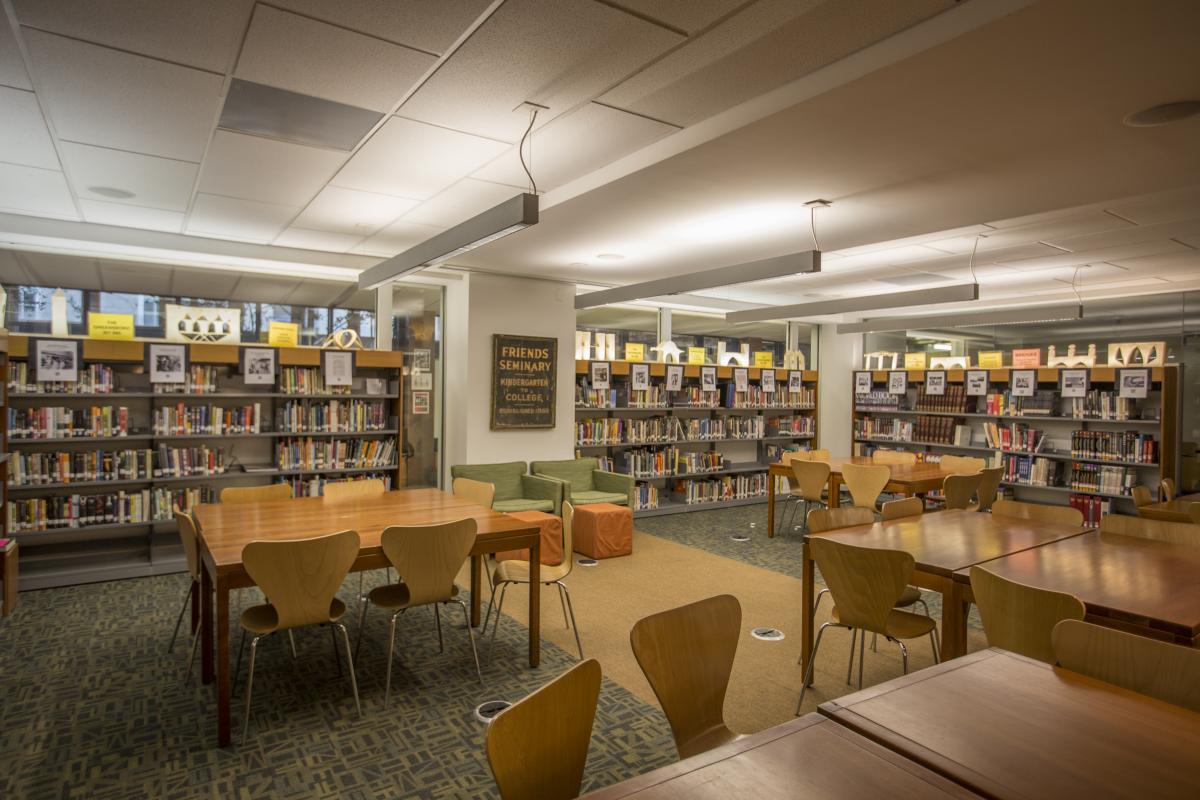

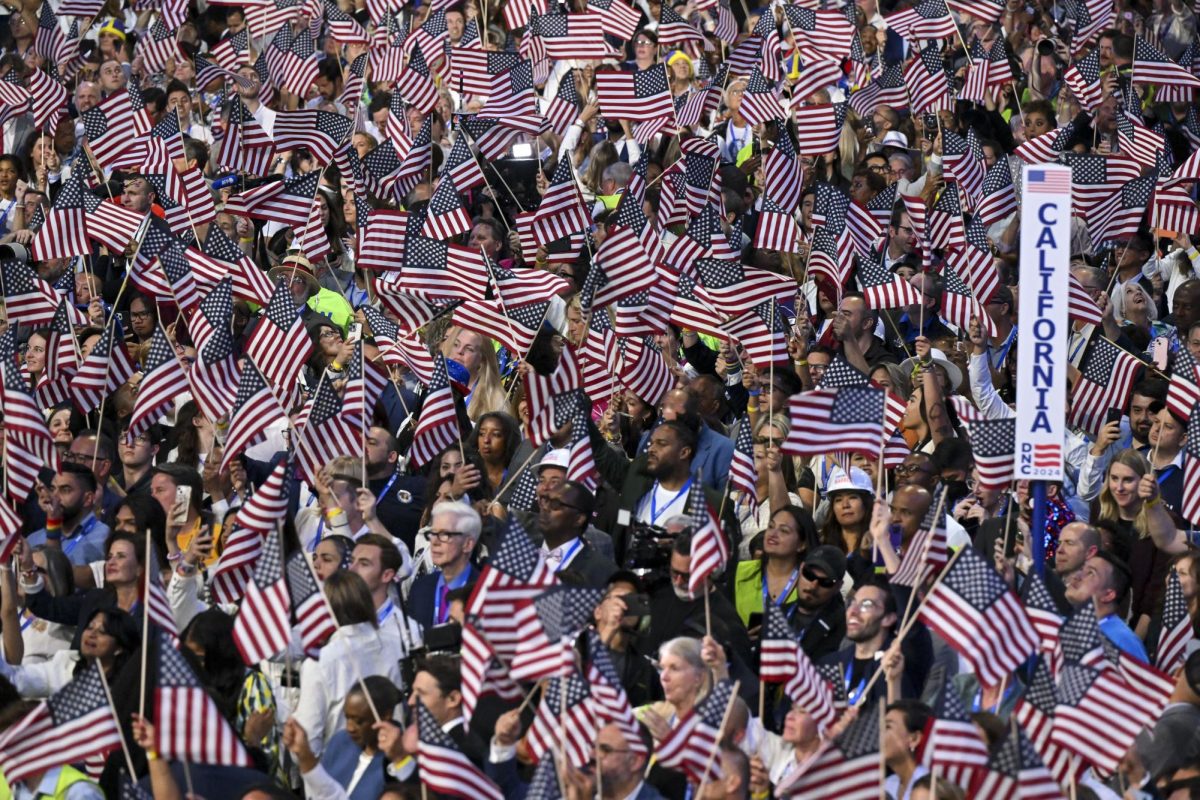
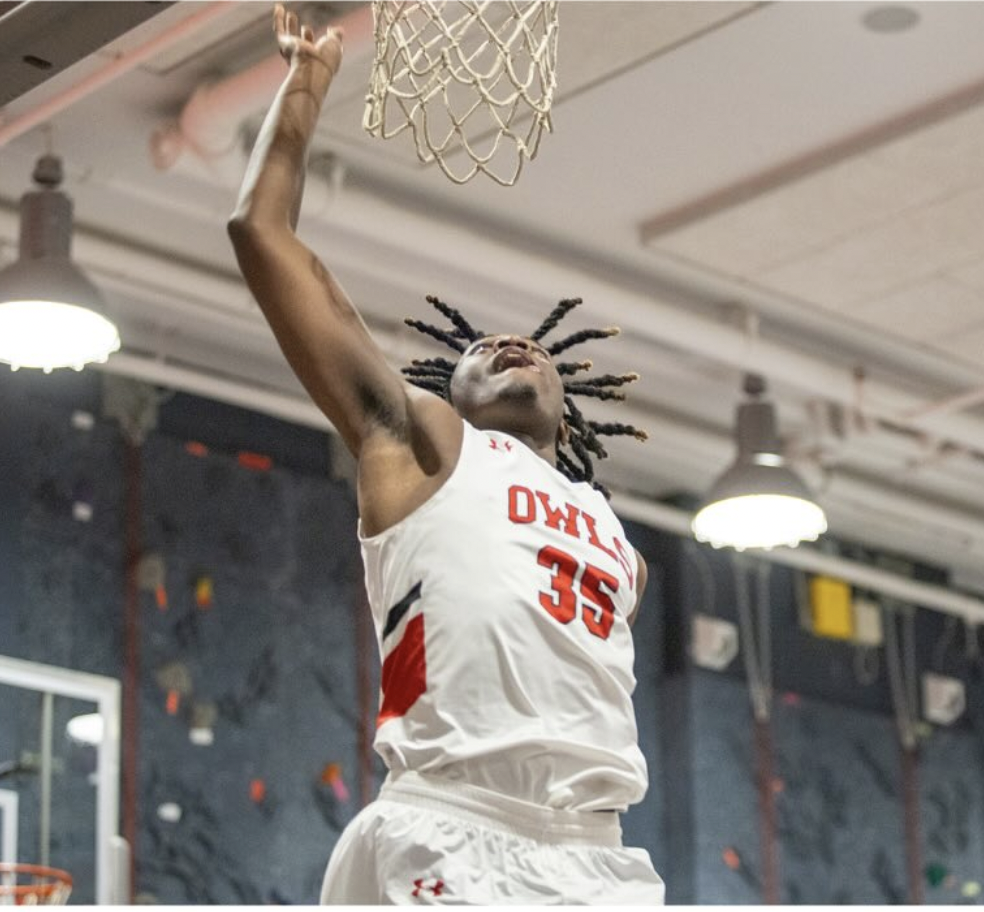
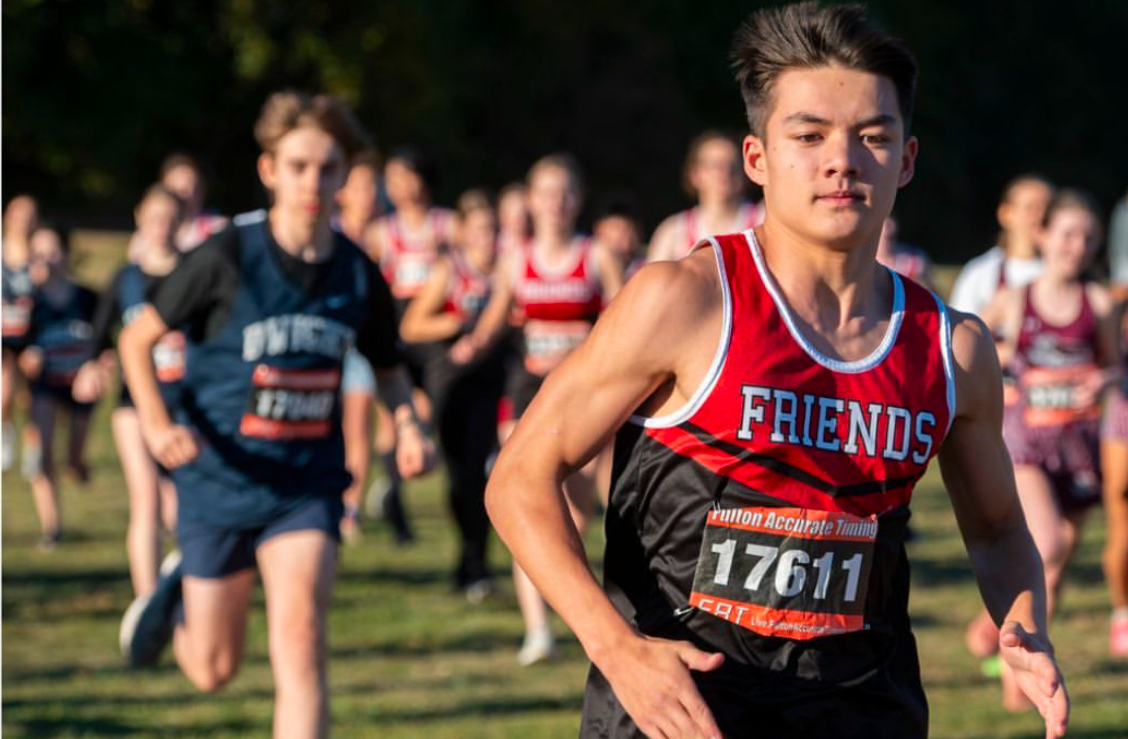
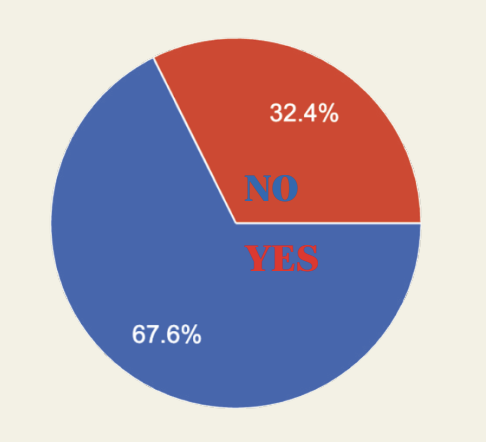
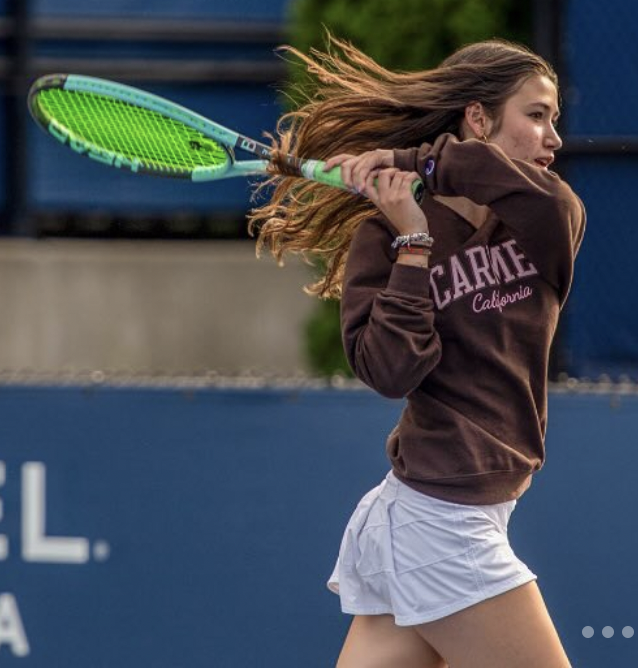
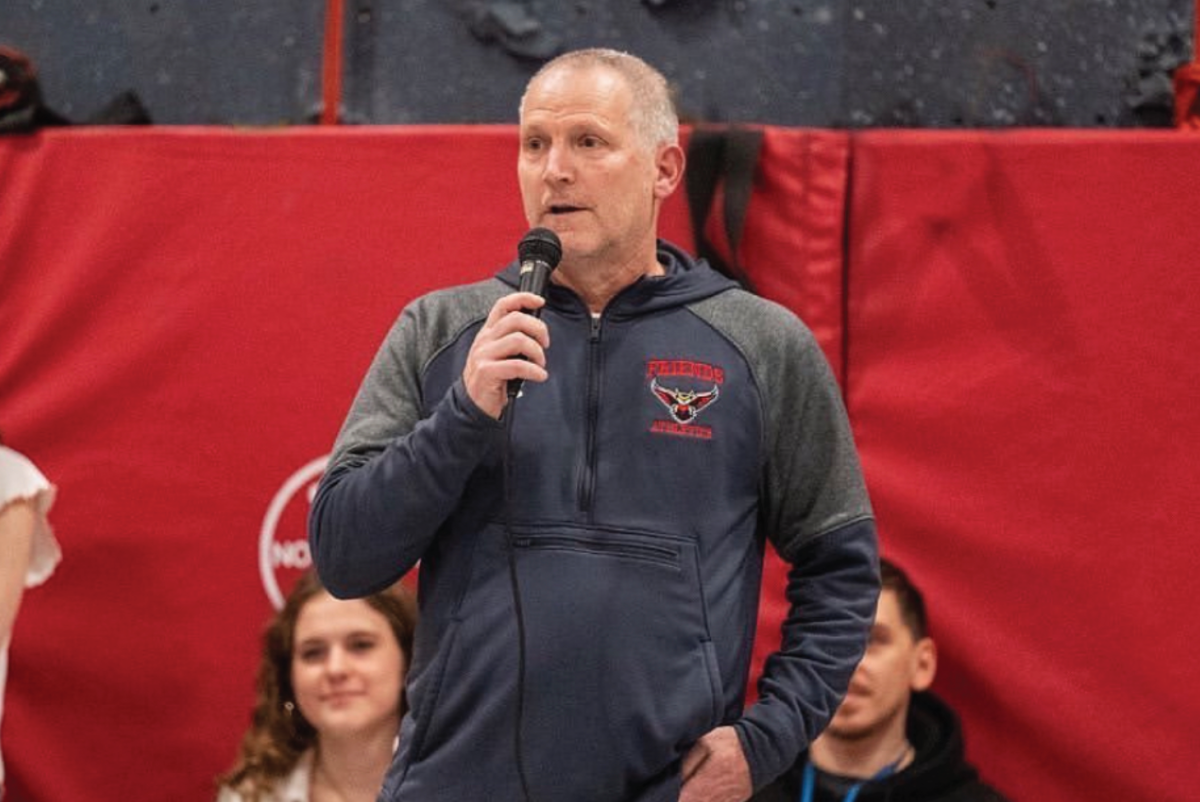
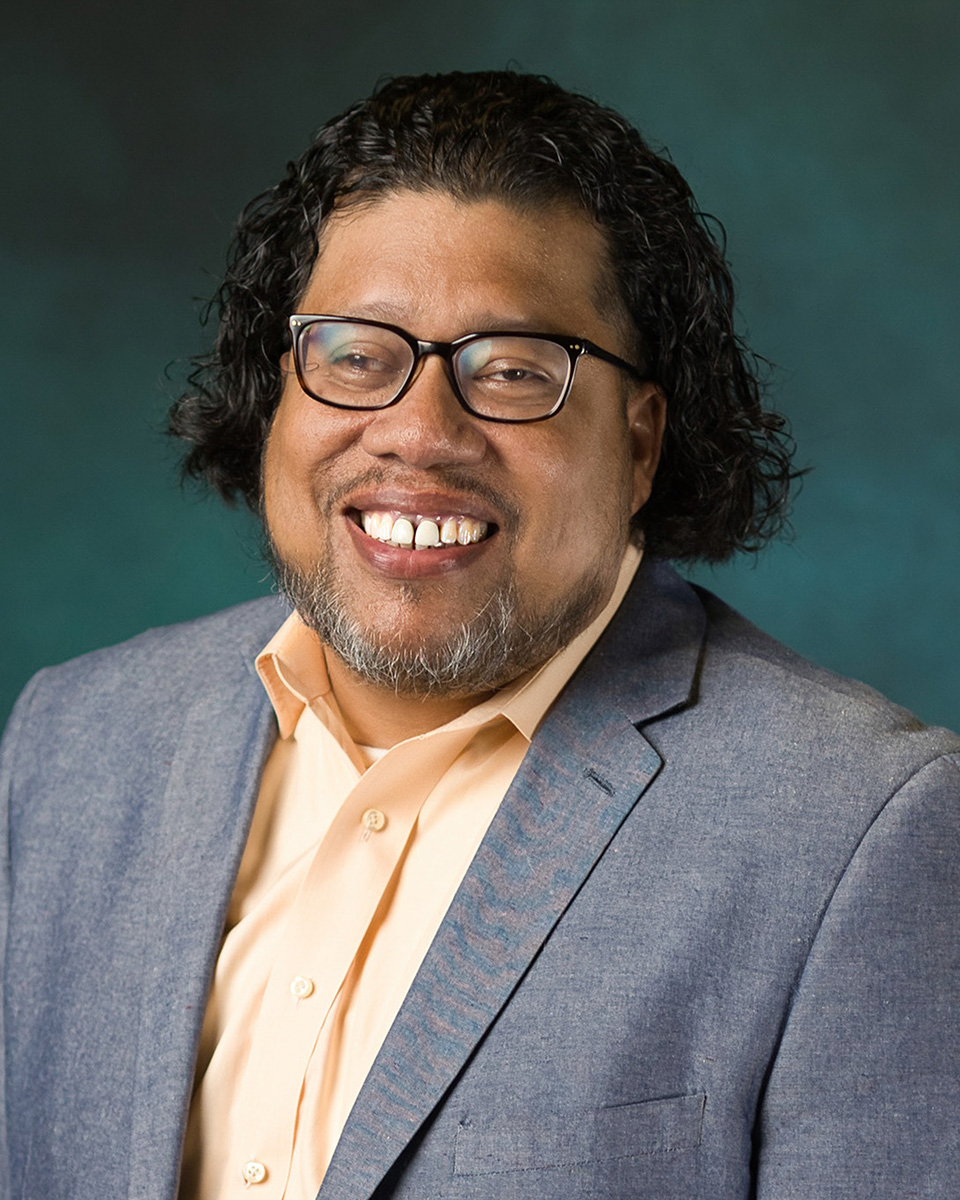
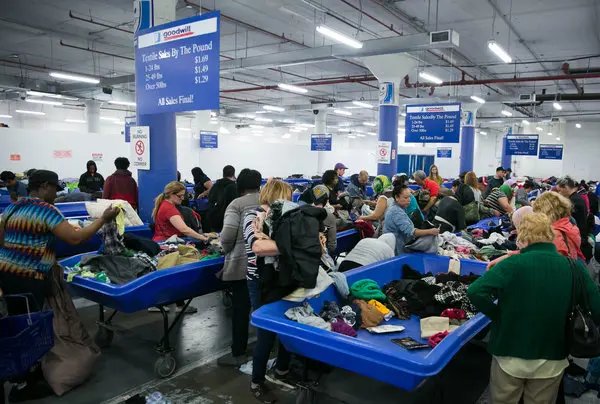


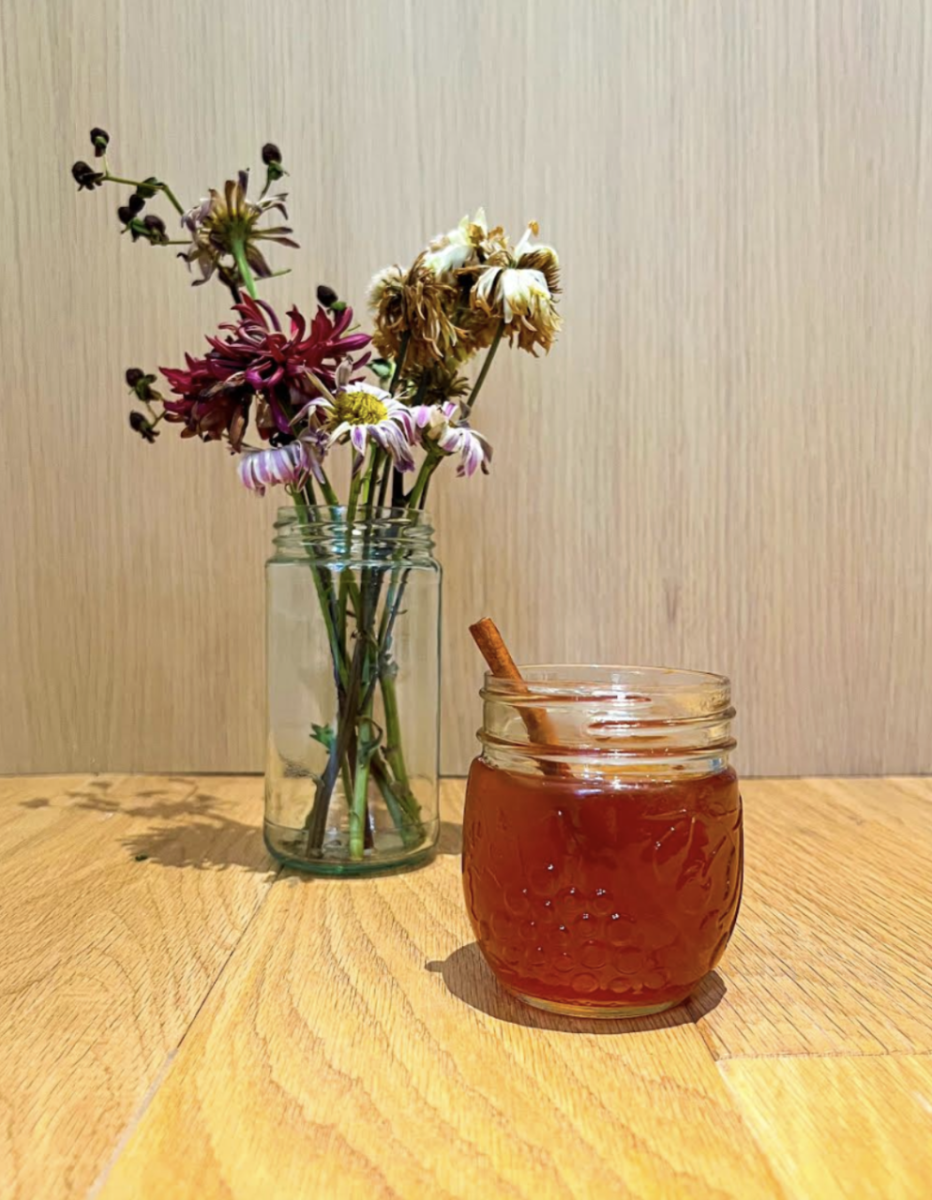

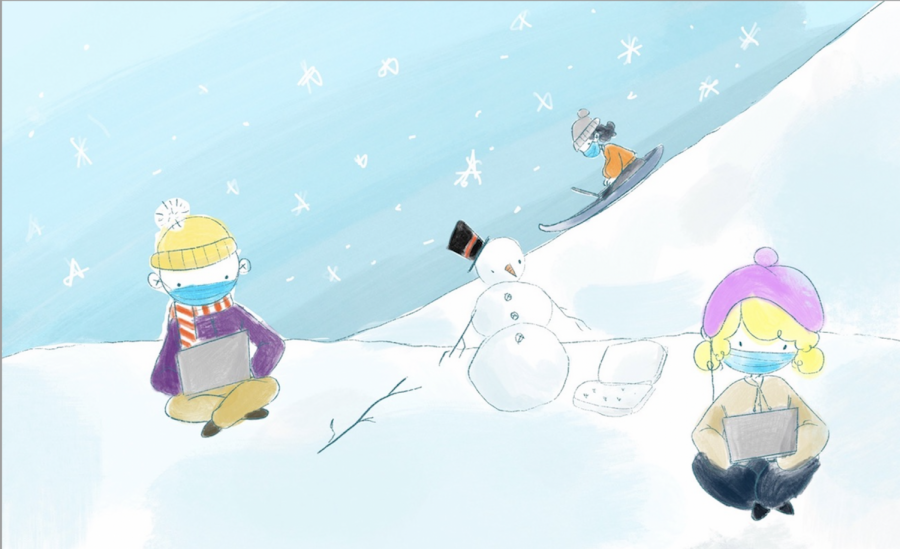
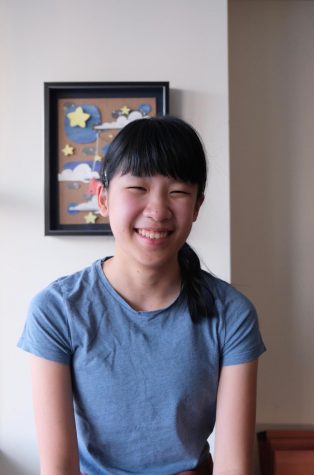
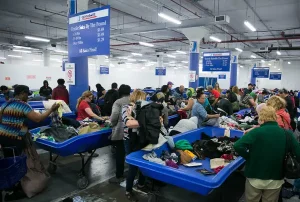
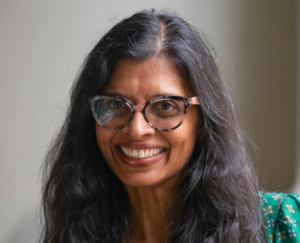

Bo • Feb 12, 2021 at 5:02 pm
Great job, Andy! Bo